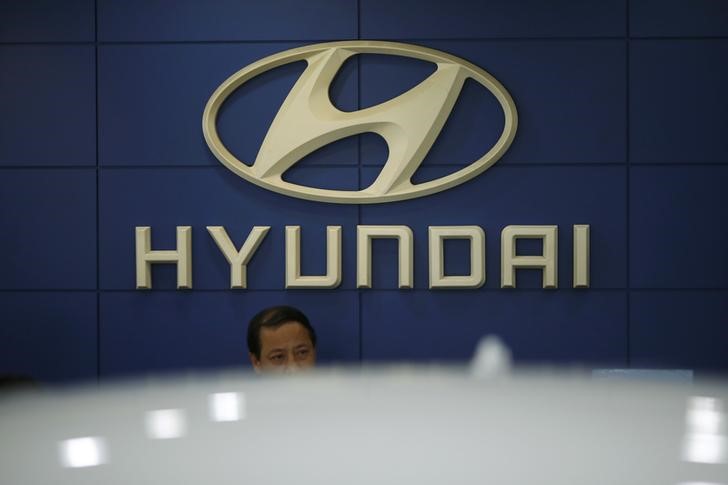On Friday, Macquarie affirmed its confidence in Hyundai Motor (005380:KS) (OTC: OTC:HYMTF) stock, maintaining an Outperform rating with a price target of KRW325,000.00.
The firm highlighted Hyundai's shift towards a return on equity (ROE)-focused capital management strategy and an updated shareholder return policy. The new policy includes measures such as share buybacks and cancellation plans.
Hyundai has set an ambitious ROE target range of 11-12% for the years 2025-2027. The company has committed to a 25% payout ratio, ensuring a minimum dividend per share of Won10,000.
In a significant move to enhance shareholder value, Hyundai also announced a buyback and cancellation program of Won4 trillion spread over the next three years.
The company's approach to buybacks is strategic. It plans to consider the cost of equity and take advantage of the discount in preferred shares, which indicates a potential higher allocation to preferred shares in the buyback process.
Hyundai's new capital management initiatives are designed to align more closely with shareholder interests, reflecting a proactive stance in boosting shareholder returns.
InvestingPro Insights
Hyundai Motor (OTC: HYMTF) is demonstrating a commitment to shareholder returns, underscored by a strategic capital management policy. With a market cap of $47.78 billion and a compelling P/E ratio of 5.01, Hyundai is trading at a low earnings multiple, which may catch the eye of value investors. The company's dedication to maintaining dividends is noteworthy, with a track record of 32 consecutive years of dividend payments. This commitment is further reinforced by Hyundai's recent announcement of a buyback and cancellation program, which aligns with the InvestingPro Tip that the company pays a significant dividend to shareholders.
While two analysts have revised their earnings downwards for the upcoming period, Hyundai's robust revenue growth of 8.01% over the last twelve months as of Q2 2024 speaks to its continued progress in the competitive Automobiles industry. Additionally, the company's PEG ratio of 0.17 suggests that its earnings growth may not be fully reflected in its current stock price, potentially offering an attractive entry point for growth-oriented investors.
For those considering Hyundai as an investment, it's worth noting that the company operates with a significant debt burden, and its short-term obligations exceed its liquid assets. Nevertheless, Hyundai's status as a prominent player in the Automobiles industry, combined with its strong return over the last five years, may balance these concerns for long-term investors. For a deeper dive into Hyundai's financial health and future prospects, including additional InvestingPro Tips, visit https://www.investing.com/pro/HYMTF.
This article was generated with the support of AI and reviewed by an editor. For more information see our T&C.
